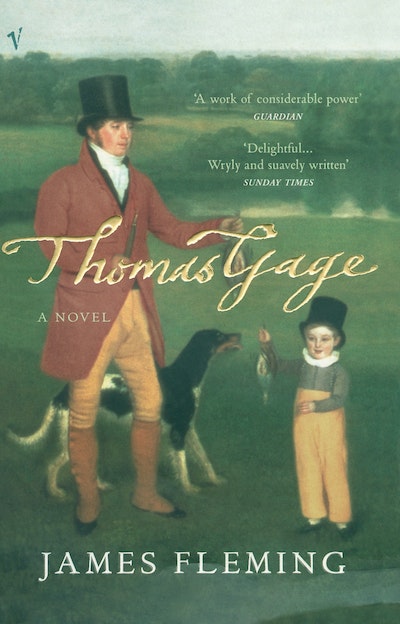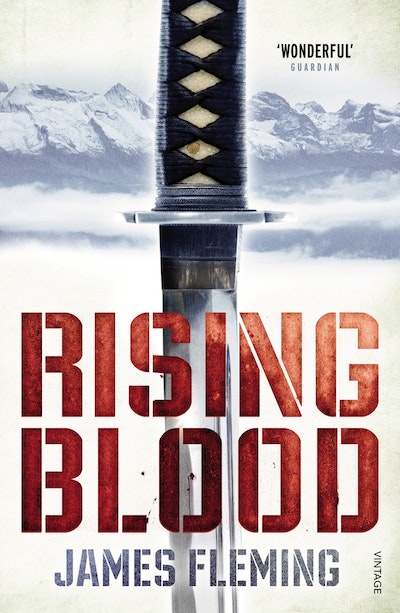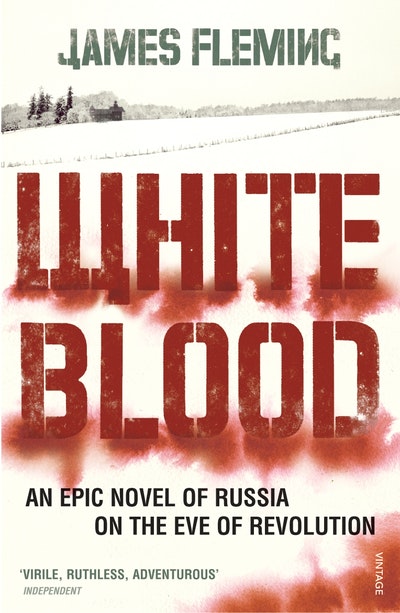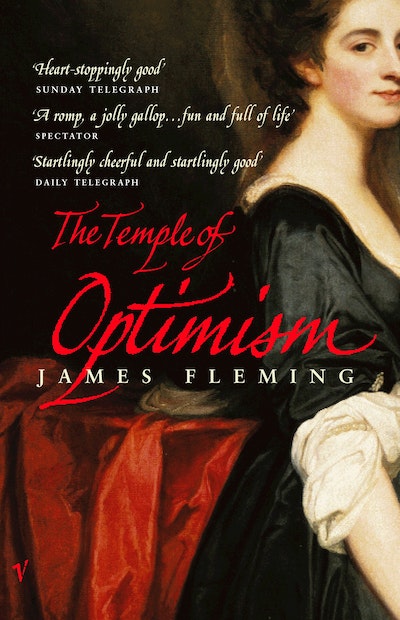Thomas Gage
- Published: 1 August 2011
- ISBN: 9781446412671
- Imprint: Vintage Digital
- Format: EBook
- Pages: 304
This Norfolk idyll of 150 years ago is so delightful, so skilful in its mixture of historical detail, mild social satire and Norwich School landscaping that it makes the reader increasingly anxious-Well fashioned, well characterised, wryly and suavely written - and very welcome
Sunday Times
Well-researched and very readable, Thomas Gage bears comparison with the Victorian classics it ambitiously imitates
Times Literary Review
There are fine set pieces-and the period is as well-painted as is possible in modern fiction
Independent
Fleming's subtle characterisation and beguiling descriptions of pre-industrial England make the poignancy of subsequent events all the sharper. This sensitive exploration of a man's mind and how market forces impinge on it offers further proof that Fleming is engaged in challenging the conventions of [this] genre
Daily Telegraph







